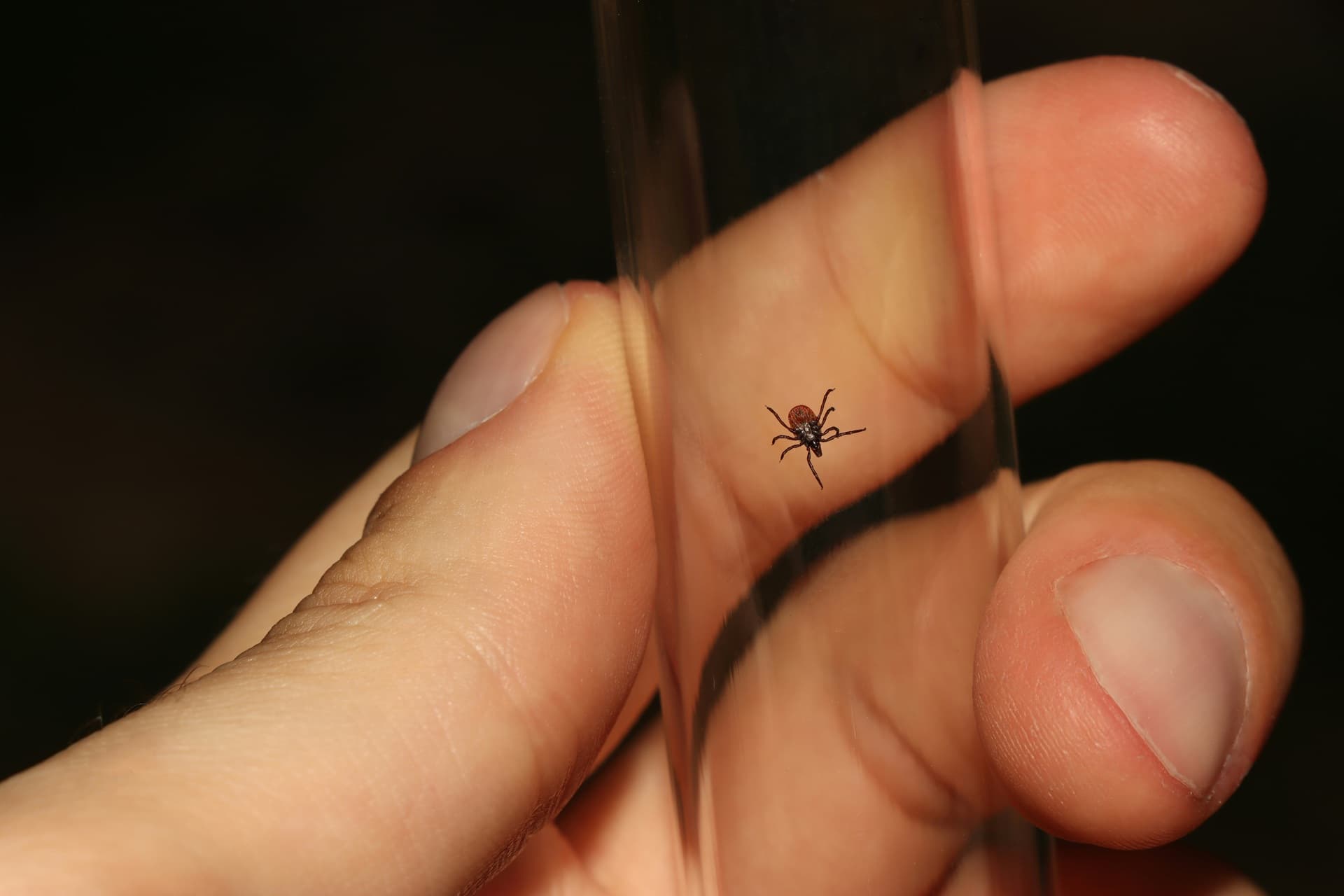
Positive Phase 1 study showed safety, tolerability and a linear pharmacokinetic: pharmacodynamic: efficacy relationship (1: 1: 1). Planning adaptive Phase 2/3 study. Approximately 70 million people that are eligible for treatment live in areas of the U.S. in which Lyme Disease is endemic.
Tonix Pharmaceuticals Holding Corp., a fully-integrated biopharmaceutical company with marketed products and a pipeline of development candidates, announced the in-licensing of worldwide rights to TNX-4800 (formerly known as mAb 2217LS), which is a long-acting human monoclonal antibody that targets the outer surface protein A (OspA) of Borrelia burgdorferi, the causative agent of Lyme disease in humans.
TNX-4800 is being developed for annual seasonal use, as one subcutaneous dose administered in the Spring to protect against Lyme disease through Fall, or the entire tick season in the U.S. TNX-4800 was developed by researchers at UMass Chan Medical School, which is licensing the technology to Tonix. There are currently no FDA-approved vaccines or prophylactics to protect against Lyme Disease.
Lyme disease remains the most common vector-borne infection in the United States and its incidence is climbing each year. Licensing TNX-4800 expands our infectious disease pipeline with a potentially differentiated, single-dose approach that can be given each Spring to provide protection within two days and protect through Fall, which is the entire tick season in the U.S. We believe TNX-4800’s long-acting monoclonal antibody prophylaxis could play an important role for preventing Lyme for millions of people who live, work, and vacation in regions endemic for Lyme disease. TNX-4800’s novel mechanism of blocking the maturation of Borrelia in the midgut of infected ticks is consistent with Tonix’s focus on innovation. We look forward to advancing the TNX-4800 program.
said Seth Lederman, M.D., Chief Executive Officer of Tonix Pharmaceuticals.
Preventing Lyme disease is an urgent public health priority, and more than thirty years of clinical experience confirm that monoclonal antibodies can be delivered safely and can be effective in preventing infections. We are delighted to be collaborating with Tonix on the development of this program. TNX-4800 is a single dose and provides immediate immunity to the bacteria that causes Lyme disease, which is very different from Lyme disease vaccine programs currently in development.
said Mark Klempner, M.D., Professor of Medicine at UMass Chan Medical School and leader of the research team that discovered and developed mAb 2217LS.
Terence R. Flotte, MD, Provost, Dean and Executive Deputy Vice Chancellor of UMass Chan Medical School, said
We are proud to partner with Tonix Pharmaceuticals to advance the development of our novel monoclonal antibody as a prophylactic for Lyme disease, which is an urgent and growing public health challenge in the United States and around the world. This collaboration reflects UMass Chan’s enduring commitment to translational research that addresses unmet medical needs, and we are excited to work with Tonix to bring forward science-driven solutions that have the potential to prevent infection and protect vulnerable populations.
TNX-4800 is a fully human monoclonal antibody with an engineered extended half-life that targets the outer-surface protein A (OspA) on Lyme-causing Borrelia bacteria. By binding OspA, TNX-4800 blocks the maturation of Borrelia burgdorferi in the mid-gut of infected deer ticks. The mAb 2217LS1 was derived from mAb 2217 by amino acid substitutions that crystallizable fragment (Fc) domain to prolong the serum half-life. A single administration in the Spring is designed to maintain protective antibody titers for the entire tick season, providing pre-exposure prophylaxis against Lyme disease without relying on the recipient’s immune system to generate antibodies.
By delivering a well-characterized antibody directly, TNX-4800 has been shown to block transmission of the major Borrelia genospecies from ticks to animals. TNX-4800 sidesteps the multidose schedules required for OspA vaccines in development3 and FDA-approved vaccines that have been withdrawn from the market due to concerns about increased risk of autoimmunity. 4 Tonix intends to advance TNX-4800 through additional clinical trials with the goal of submitting a Biologics Licensing Application (BLA).
For more information, read the original press release.
For more news from the world of long-acting therapeutics, sign up to the CELT's LONGEVITY mailing list here for regular updates.